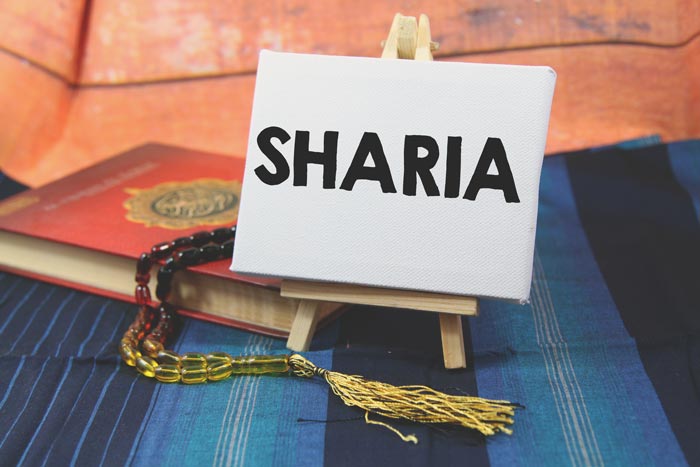Mudarabah is one form of a partnership agreement similar in its characteristics to modern asset management but with unique features in Islamic financial law. Mudarabah is a partnership contract with the goal of generating profits, based on the provision of capital by the investor (Rab-ul-Maal) and labor by the manager (Mudarib).
Key characteristics of the Mudarabah contract:
- According to the Mudarabah contract, the investor, known as "Rab-ul-Maal," provides funds to the Mudarib (manager) for a joint business but does not participate in its management. The Mudarib contributes their expertise and qualifications and manages the business.
- Profits generated from the business are distributed between the investor and the manager according to pre-agreed ratios.
- In the case of losses, the investor bears the loss unless it can be proven that the loss occurred due to the negligence of the manager.
- Mention of a fixed amount for payment or the absence of profit-sharing terms can render the Mudarabah contract invalid.
Composition and conditions of the assets transferred under the Mudarabah contract:
- Cash funds.
- Other assets, the value of which must be clearly determined by an independent appraiser or agreement between the parties.
- Property rights, such as the right to receive debt from the manager or another party, cannot be included in the contract.
- The investor's property that is the subject of the contract must be specified in a way that excludes ambiguity regarding its qualitative characteristics and quantity.
- The investor must transfer the property, which is the subject of the contract, to the manager or provide the necessary authority for its management.
- The manager must keep separate records of the investor's assets from their own.
Profit-sharing arrangements:
- The manager's fee is determined as a portion of the profit under the contract, not as a fee for asset management.
- Profit is distributed by specifying a certain proportion as a share of the earned profit. The parties can agree on different proportions for various trades. For example, the investor can set a condition where if the manager trades wheat, they receive 33% of the profit, and if it's wheat, they receive 50%.
- The parties can define their profit share by specifying a fixed profit amount concerning the surplus profit above a mutually agreed-upon limit for one of the parties.
- Profit share can be determined based on the market value for similar services.
- If the manager maintains the investor's assets and, in violation of the established prohibition, introduces their funds, the profit earned in this case is divided into two parts: the manager receives income from their funds, and the profit from the capital mentioned in the Mudarabah contract is divided between the manager and the investor according to the pre-agreed terms.
- The size of the parties' shares can be altered by mutual agreement at any time.
- Profit is shared based on each specific transaction within one Mudarabah contract. The profit from each transaction is divided between the investor and the manager. It is prohibited to pay the entire profit from one transaction to the manager and the profit from another transaction to the investor.
- Profit from each transaction must be distributed between the investor and the manager during the current financial year. It is prohibited for the profit from two transactions obtained in one financial period to belong to the investor while the profit from the next financial period belongs to the manager.
- The payment of profit from one transaction cannot be contingent upon the profit from another transaction.
The Mudarabah contract differs from asset management in the following ways:
- Mudarabah often has a limited duration, whereas asset management is frequently ongoing.
- Mudarabah implies profit-sharing but not loss-sharing, while asset management can involve both profit and loss for the investor.
- In asset management, the manager's compensation often includes a percentage of the assets under management, whereas in Mudarabah, the manager's income is based on a percentage of the earned profit.
Application of the Mudarabah contract in Islamic banks as a banking deposit:
- The depositor places funds in an investment account rather than a traditional bank deposit. Unlike a traditional bank deposit, these accounts are not guaranteed by insurance, and there is no collateral for the investment of capital. To distribute profits, the bank sets conditions that determine the profit percentage shared between the bank and the depositor. The expected profit is specified in the contract.
- The bank creates a common pool of funds from all its clients, which is used to provide financing based on profit-sharing.
- The profits earned from these investments are disclosed in the bank's reports monthly, and based on this, the amount of profit payable to individual depositor accounts is calculated.
- Depositors receive their share of the profit and, upon the deposit term's completion, the principal amount. They also have the option to withdraw their invested capital early.










